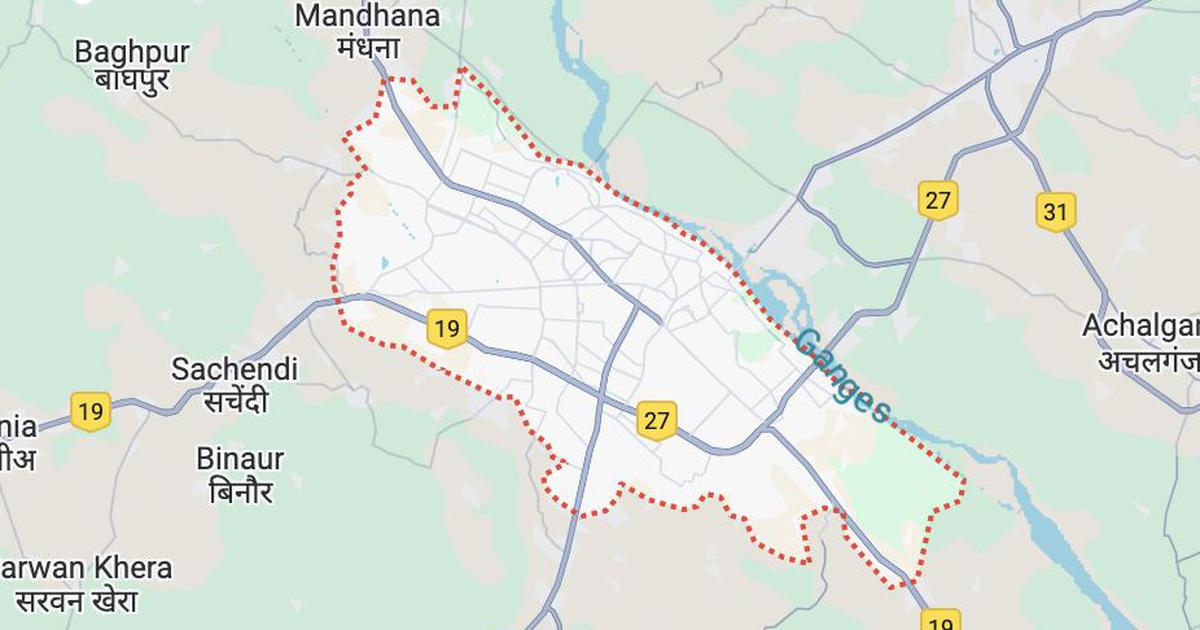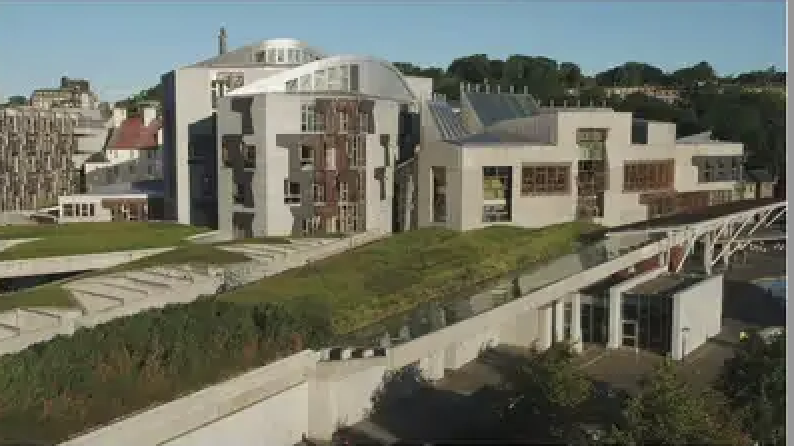
Kerala based Journalist, Siddiqui Kappan has been in jail since October 5th 2020.His ailing mother passed away 10 days ago. Kappan could not see his mother one last time. Kappan bail plea has been adjourned to July 5th.
Kappan’s crime according to UP Police- He was reporting on the rape and murder of a Dalit girl in Hathras. He was arrested enroute to Hathras where he was to meet her family. He along with other men were arrested on charges of ‘breach of peace’ and ‘intention to incite unrest and communal tension’. Two days after the arrest, the UP Police added another case with multitude of charges against him including sedition under the draconian UAPA.
Kappan is currently an undertrial prisoner, with the courts rejecting his bail pleas number of times. His custody has been repeatedly extended, with the SC only having granted his a 5 day interim bail to visit his ailing mother in February. In April, he tested positive for COVID-19 after he collapsed from fever which he had for two weeks and sustained injuries in prison. After several demands to be shifted to hospital, he was admitted to a hospital in mathura where he was tied to the bed and not allowed to use the toilet.
Natasha Narwal and Devangana Kalita, student activists and part of a Delhi based collective called Pinjra Tod were arrested for anti-CAA protests a year ago under UAPA. Despite lack of evidence their bail pleas were continuously rejected. Natasha’s father had tested positive for Covid-19 and had passed away in a hospital in Rohtak. By the time his daughter was granted interim bail, her father had already died. Mahavir Narwal’s death, and the delay in his daughter’s bail, is yet another reminder of the cruel treatment of prisoners and their isolation from their families and loved ones. Natasha and Devangana Kalita were finally granted bail on June 15th, more than a year of their arrests without any evidence.
Natasha on her release had stated- “I am not entirely happy on walking out of jail due to my father’s death.”
Does asking for equal citizenship a crime? Does reporting a Dalit atrocity a crime? Under BJP rule, its not just dissent that is criminalised but mere reporting of ground reality that might put the Modi or Yogi govt in bad light is punished by antiquated laws like sedition. UAPA is nothing but a tool to silence dissenters and to set any example for future dissenters.
Natasha is out on bail. Kappan is still in jail and so are many other political prisoners who only crime is raising voices of the oppressed.
Can the state return Natasha’s father or Kappan’s mother? Can they go back in time and spend the last moments with their parents?
Many undertrials rot in prisons for years and finally are free after years of delays in hearing and trials. Who is going to return those years lost?
Kappan’s treatment and that of many undertrial prisoners shows how the system has held people, especially under the charge of being a threat to national security, for many years, under continuous emotional and physical torture, without trial. This is done to the point where prisoners have lost many years of their life, away from family, awaiting trial, on charges that are mostly false or fabricated.
Plight of Political Prisoners in the Pandemic
In the Bhima Koregaon case, activists and professors have spent three years in jail without trial. Seven of the 16 have tested positive for COVID-19, with many suffering from serious illnesses and comorbidities. Despite the devastating second wave and increasing reports about high incidence of covid in jails, the courts and the NIA are intent on keeping political prisoners behind bars.
Stan Swamy, a Jesuit priest arrested under UAPA last year, is going through similar treatment from the NIA despite having Parkinson’s disease. Prof. Anand Teltumbde at age 72, Shoma Sen, who is 63, and Sudha Bharadwaj, who is 58, all suffer from a number of pre-existing illnesses, and their health has drastically deteriorated during their time in prison. Majority of the political prisoners arrested in the Bhima Koregaon case are above the age of 60, and are extremely vulnerable to the virus given that many suffer from comorbidities.
Many like Narwal, have not seen their families for long periods of time; the UAPA is particularly cruel in its measures to isolate political prisoners, as their rights to reach out to family members letters and other means, can often be denied as per the wishes of jail officials under vague grounds of ‘protecting national security’ and ‘public interest’. Reports have shown that the family members sometimes haven’t even been made aware when the prisoners have been moved to hospitals due to deteriorating health.
According to the Delhi Prison Rules, 2018 (Chapter-VIII), families are only allowed half an hour interviews with prisoners; these interviews are also called mulaaqats. The procedure involved in setting up mulaqaats are not uniform, and extremely cumbersome. People charged under ‘national security’ laws such as the UAPA are denied these facilities. Similarly Mulaaqats and the option to write letters are often suspended by prison officials, in the name of ‘safeguarding national security’. These facilities have also been denied on the grounds of ensuring “discipline” and “good conduct”.
During the pandemic the usual communication channels have been disrupted between the prisoners and the families. Majority of the letters received by family members have been extremely delayed, sometimes reaching them a month late. Family members also expressed fears that their own letters to the prisoners have probably been delayed as well. Due to the ongoing Covid-19 pandemic, physical meetings with the detainees have been stopped.
Family members of the Bhima Koregaon accused, wrote a letter to Maharashtra CM Uddhav Thackrey urging him to release undertrials in the wake of COVID-19 on interim bail. Reports mention how Thackeray did not respond to the letter.
The Maharashtra home department in its ongoing attempt to decongest prisons as per the Supreme Court order in May, had decided to exempt undertrial prisoners who are booked for serious economic offences such as bank scams and offences under special Acts (other than IPC) like MCOCA, PMLA, MPID, NDPS, UAPA etc.
The apathy displayed by courts, law enforcement, and the Indian Govt, to prisoners, especially dissenters and those from marginalised communities, facing personal tragedy and vulnerability to the second wave, reveals how isolation is a method of torture and punishment in the prison system. Trials are avoided and delayed for this very reason, so as to extend such a punishment, and make examples out of the same.
This story first appeared on gaurilankeshnews.com






